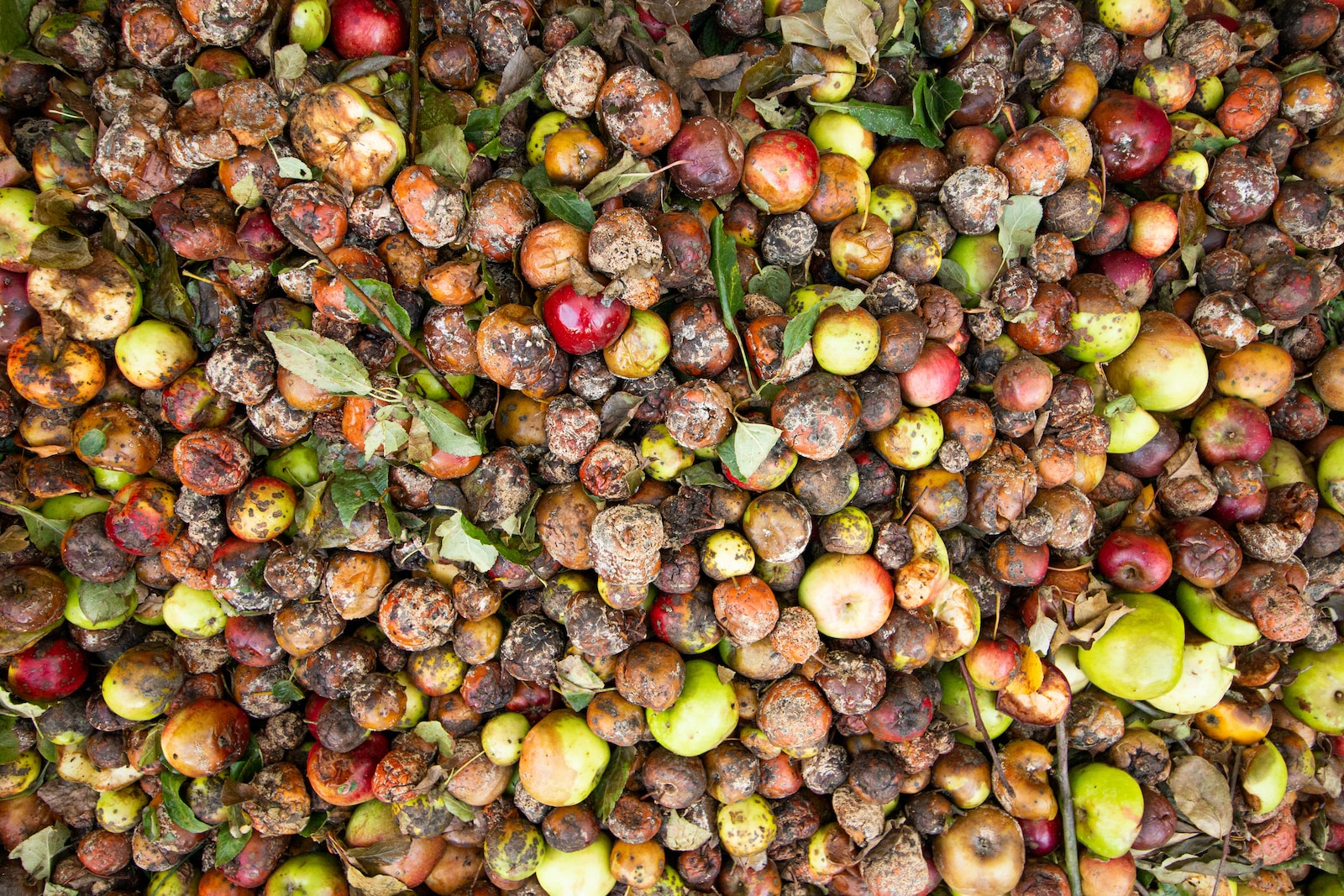Food waste is a significant problem that affects the environment in numerous ways. Every year, billions of tons of food are wasted globally, which not only leads to the loss of valuable resources but also causes environmental degradation. In this article, we will explore the various ways in which food waste affects the environment and how we can reduce this impact.
Table of Contents
ToggleIntroduction
Food waste is a global problem that affects the environment in several ways. It not only leads to the loss of valuable resources but also contributes to environmental degradation. Food waste occurs at various stages of the food supply chain, from production to consumption. In this article, we will discuss how food waste affects the environment, and what we can do to reduce its impact.
Impact of Food Waste on the Environment
Greenhouse Gas Emissions
Food waste contributes to greenhouse gas emissions, which are responsible for global warming. When food waste is sent to landfills, it decomposes and releases methane gas, a powerful greenhouse gas that is 25 times more potent than carbon dioxide. The production of food also generates greenhouse gas emissions, and when food is wasted, these emissions are essentially wasted as well.
Land Use
The production of food requires vast amounts of land, water, and other resources. When food is wasted, these resources are essentially wasted as well. Land use is also a significant environmental concern, and when food is wasted, it contributes to the destruction of natural habitats, deforestation, and soil erosion.
Water Resources
The production of food requires vast amounts of water, and when food is wasted, this water is essentially wasted as well. Water scarcity is a significant environmental concern, and when food is wasted, it contributes to the depletion of water resources, which can have severe consequences for ecosystems and human populations.
Biodiversity
When food is wasted, it contributes to the destruction of natural habitats and biodiversity loss. The production of food requires vast amounts of land, and when this land is converted for agricultural use, it can lead to the displacement of wildlife and the destruction of natural habitats.
Energy Use
The production, transportation, and processing of food require vast amounts of energy. When food is wasted, this energy is essentially wasted as well. The use of fossil fuels to produce and transport food also contributes to greenhouse gas emissions and climate change.
Solutions to Reduce Food Waste
Reduce Food Waste at the Source
Reducing food waste at the source is the most effective way to reduce its impact on the environment. This can be done by implementing better farming practices, reducing overproduction, and improving supply chain management.
Redistribute Surplus Food
Surplus food can be redistributed to those in need. This not only reduces food waste but also helps to address food insecurity.
Composting
Composting is a way to turn food waste into a valuable resource. Composting reduces the amount of food waste that ends up in landfills, thereby reducing greenhouse gas emissions.
Food Recovery Programs
Food recovery programs collect surplus food from restaurants, grocery stores, and other food establishments and distribute it to those in need. This not only reduces food waste but also helps to address food insecurity.
Conclusion
Food waste is a significant problem that affects the environment in numerous ways. It contributes to greenhouse gas emissions, land use, water resources, biodiversity loss, and energy use. However, there are solutions to reduce food waste, including reducing food waste at the source, redistributing surplus food, composting, and implementing food recovery programs. By taking action to reduce food waste, we can help to protect the environment and ensure that valuable resources are not wasted.








1 thought on “How does food waste affect the environment?”
Pingback: Reducing Waste: Simple Tips for a More Sustainable Lifestyle